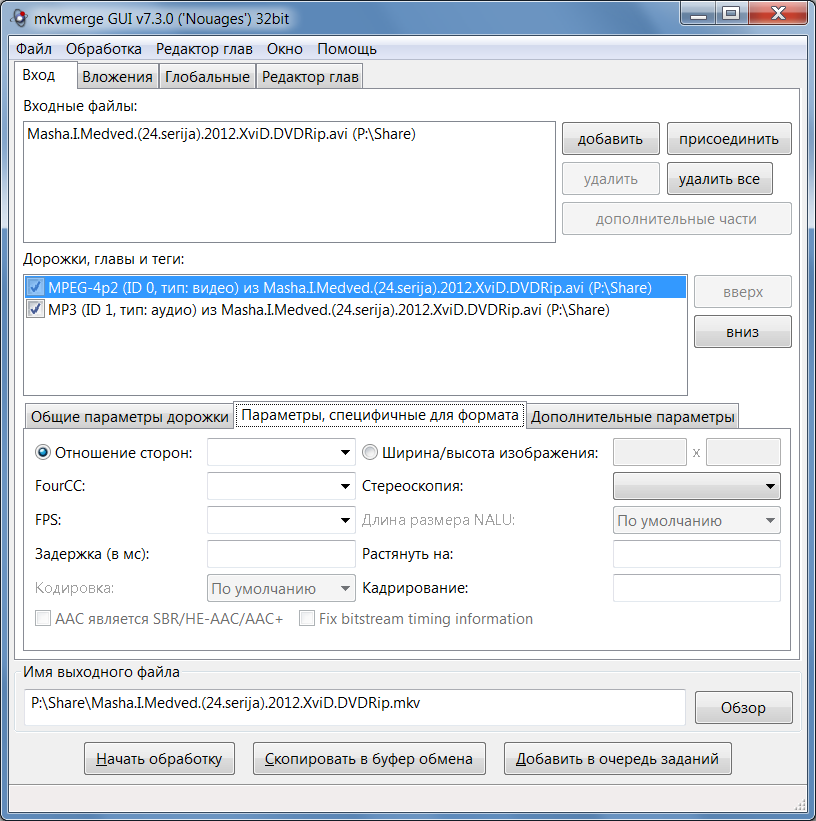

I have rewritten the script from scratch, and also properly commented it in case someone needs to tweak it later. This was actually spotted by mokubai in his comment under this question: there's a similar question on AskUbuntu forums, and one of the answers supplies a complete script, however it is not working. I know there already are several answers in here, but neither completely answers the question if you need to use command line on macOS, so I am adding mine too. As you mention ffmpeg -i filename.mkv is also usable. Though the comments suggest using mkvmerge -i to get a more directly usable track number for mkvextract. Use mkvinfo to get information about tracks. I found it more reliable and accurate than SubtitleEdit alone, for some reason its DVD/MKV extractor is not entirely reliable.įor command line and alternative operating systems (you mention Ubuntu) you can use mkvextract which is a part of mkvtoolnix that you have already installed.įrom an answer by Cornelius in Extract subtitles from mkv on AskUbuntu: You can then import these files into SubtitleEdit.

For DVD subtitles it will export two files, the index of subtitle time and position locations and the actual graphical subtitles. You can simply drag and drop an MKV file (or files) on to it, click the check boxes for the tracks you want to extract, and then click "Extract Tracks".īy default your subtitle tracks will then be exported with the name FileName_TrackNo.ext. Then, it revamped it with the era of Windows 11.I use MKVCleaver for this as it provides a simple GUI interface for mkvtoolnix on Windows. With introduction of Windows 10, Microsoft introduced its oficial app store. Second Method: Indirect (Through Microsoft App Store)

Use MKVCleaver or gMKVExtractGUI to extract/demultiplex mkv video and audio files. Matroska is a multimedia file format aiming to become THE new container format for the future.


 0 kommentar(er)
0 kommentar(er)
